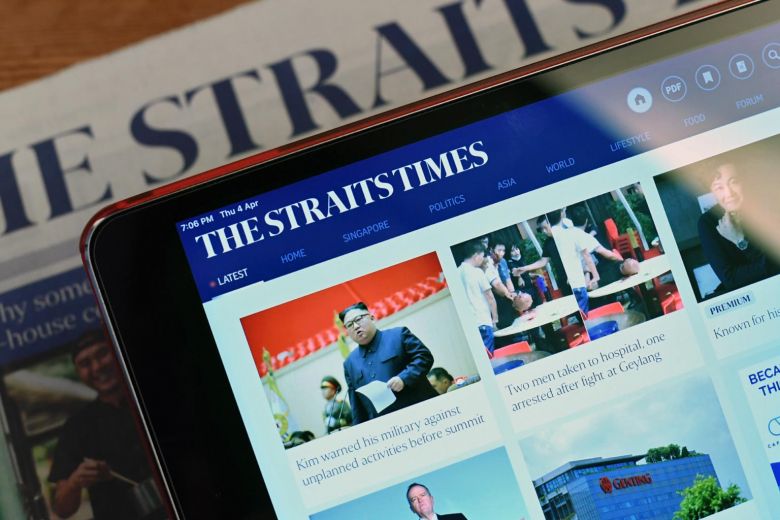Malaysia Parliament refers police accountability Bill to Special Select Committee after opposition objections
Sign up now: Get ST's newsletters delivered to your inbox

Follow topic:
KUALA LUMPUR (THE STAR/ASIA NEWS NETWORK) - Malaysia's efforts to pass the Independent Police Complaints and Misconduct Commission (IPCMC) Bill have been delayed after it was decided that the proposed legislation be referred to Parliament's Special Select Committee for Consideration of Bills.
This will be the first time in Parliament's history that a Bill is being referred to a Special Select Committee for consideration.
The IPCMC Bill was tabled for the first reading on July 18 and aims to make the police more accountable for its actions, including for the deaths of criminal suspects while in police custody.
Several engagement sessions were held with stakeholders and the police after it was tabled in July.
On Monday (Oct 7) however, the Bill faced resistance from Opposition lawmakers, as well as a government backbencher, who raised objections when the Bill was tabled for its second reading by Minister in the Prime Minister's Department Liew Vui Keong.
The heated exchanged was initially sparked when Datuk Liew's deputy, Mr Hanipa Maidin, informed Parliament Speaker Mohamad Ariff Md Yusof that the Bill would be debated and passed.
Opposition leader Ismail Sabri Yaakob voiced his dissatisfaction, saying that only a day was allotted for debates.
"The Bill involves the reputation of the police and is of public interest. There should be more time for us to debate the Bill before it is passed," he said.
More shouting erupted from several Opposition lawmakers when Mr Liew said there would be 24 amendments to the Bill, which would be passed before it is brought to the committee stage.
Opposition MP Noh Omar claimed the Pakatan Harapan (PH) government was trying to bulldoze the IPCMC Bill by disregarding parliamentary procedures.
He said lawmakers were given notice of the amendments to the Bill only on Monday.
Another opposition MP, Datuk Wee Ka Siong, noted that the House was setting a bad precedent if it went ahead with the debates.
"How can debates on the Bill proceed and be passed but later brought to the committee. It is like getting married first and then only talking about the gift offerings (hantaran)," he said.
Both Tan Sri Noh and Mr Wee urged deputy speaker Mohd Rashid Hasnon, who later presided over the proceedings, to withdraw the Bill and refer it to the Parliament Special Select Committee before retabling it again.
Parti Keadilan Rakyat (PKR) MP Hassan Abdul Karim said he agreed that the Bill should be withdrawn and retabled instead of the amendments passed in such a manner.
After the lunch break, deputy speaker Nga Kor Ming clarified that the Bill will not be put to vote.
Instead, debates will be continued and the minister will then table a motion to refer the Bill to the Special Select Committee for their deliberation.
Mr Nga said the Special Select Committee will then study all the points raised during the debates.
"We are doing this to give opportunities to other lawmakers who are not part of the committee to give their input. So don't worry, it won't be passed today," he added.
The call to form an IPCMC - aimed at reducing corruption and custodial deaths of crime suspects - arose 14 years ago, and is now being pushed for as part of reform promises by the Pakatan Harapan government.
Ever since it was mooted, the idea of the IPCMC has met with opposition from police associations, former officers and politicians, who fear it would reduce the powers of the force by limiting its role in conducting investigations.
But calls for the commission were renewed this year following a public inquiry into the disappearances of Malaysian activist Amri Che Mat and Pastor Raymond Koh in 2016 and 2017.
If it is passed in October, the IPCMC will have powers that include "policing" the police and advising the government on police welfare.
The commission will have a maximum of 10 members, all of whom must not have held any posts in the police or public service.
It will also have appointed officers, seconded from government agencies, the public prosecutors' office and private law firms to investigate alleged police wrongdoing.

